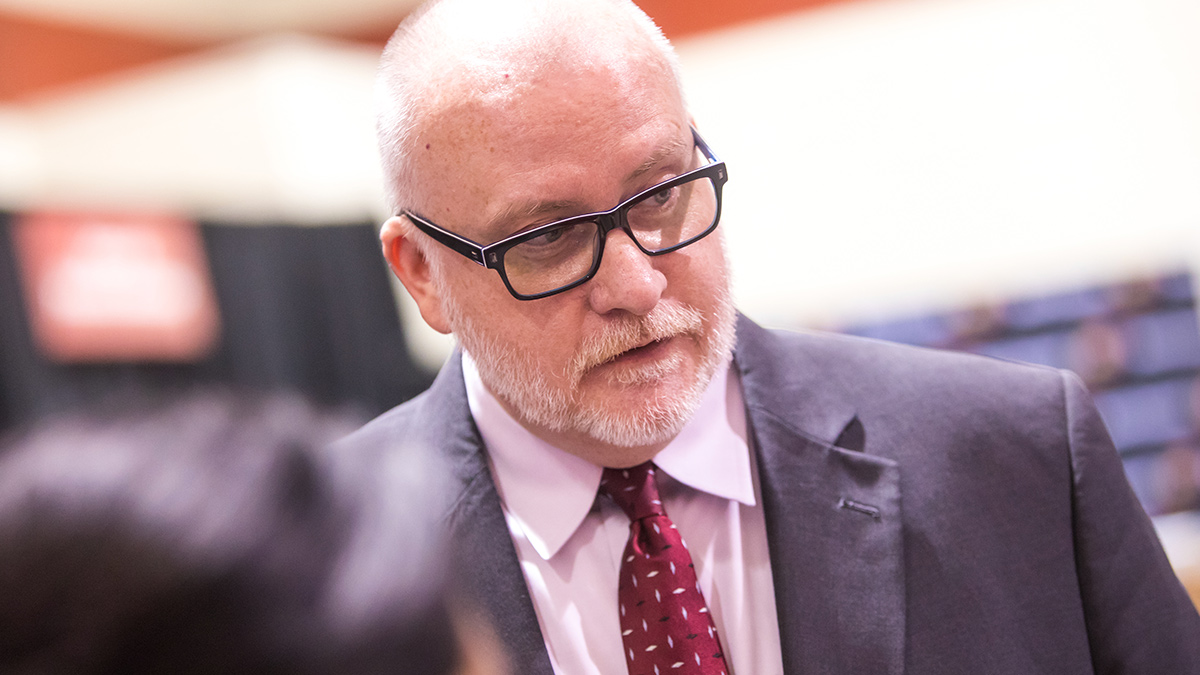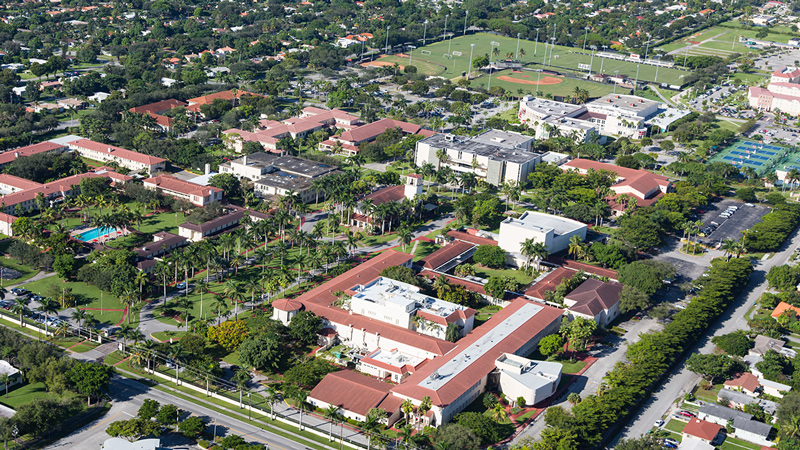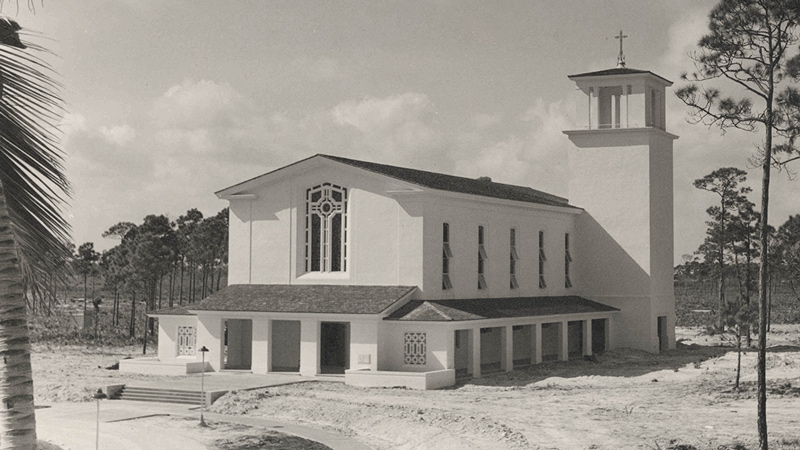To graduate from the Doctor of Ministry program, you will need to:
- An Entrance Interview and Self-assessment
- Discerning the call to service (written narrative)
- Ongoing spiritual formation
- Theological reflection and pastoral skills formation
At Barry, your ministerial formation within the Doctor of Ministry program will be supported throughout your studies. THE 802, Supervised Ministerial Formation, a six-credit course, has been designed to provide you with theologically discerning accompaniment.
You will register for this course at the beginning of your studies, concurrent with your registration in Fundamentals in Practical Theology (THE 800A). You will continue in the course with an "In Process" (IP) status until you complete your integrative paper.
The course is designed to help you integrate academic knowledge and spiritual practice with your personal and professional ministerial experiences. You will develop a personal thick description, complete a formation log, and conduct an assessment of your ministerial skills, defining for yourself areas in which you wish to grow. A number of approaches will be used to help you reach your goals including, theological reflection groups, interviews/conversations, workshops, retreats, spiritual direction, communal prayer, suggested reading, films and other activities.
Throughout this process, you will be encouraged to embrace the critical skills of listening, reading, thinking, questioning, and writing, thereby developing and honing your communication skills. The process will help you further define your ministerial identity and vocation by identifying the transformative effect of your studies and experiences on your understanding of self and ministry.













